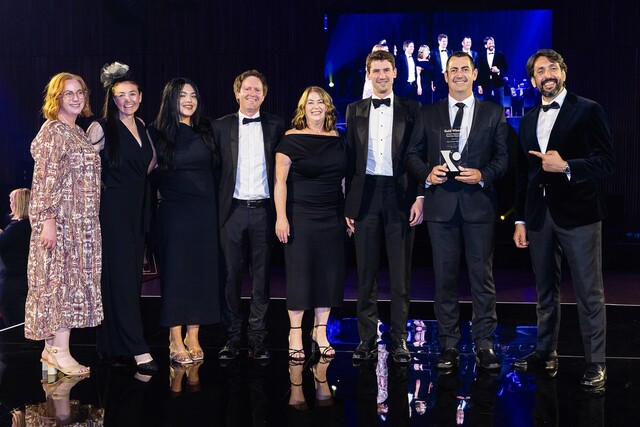The Olympic Games was the saviour of thousands in lockdown earlier this month. Go the Aussies – all those medals.
My heart goes out to Japan though. The unimaginable cost and no tourists, no economic stimulus in return, not even the fun of being in the audience to cheer on the home team.
I’d be furious at my government, any level, or most probably every level, if an event like that was being staged in my town in the middle of a pandemic, while I was struggling with the dangers, uncertainties and restraints of lockdown and the ever changing reality of COVID-normal, whatever that is.
Still, I cheered the winners, felt heartbroken for the losers and enjoyed the random moments of fun, goodwill, courage or just plain humanity that any event of that scale will engender. The voyeuristic pleasure of reality TV.
Closer to home, organisations across the country are struggling to carry on with business as close to usual as lockdowns allow. We’ve been told for years that change is good for us and aren’t we all trying to learn that lesson? Well I’ve always thought that having to cope with continual change is exhausting.
I have noticed that the enthusiasm for remote – everything – that was apparent last year is beginning to wane. Working from home, especially with a house full of kids (and only one or two can feel like a house full, imagine four or five) can be as unconducive to productivity as those open plan offices where the phone call or impromptu meeting happening at the next desk can make it impossible to get past the first paragraph on your own computer screen.
We are led to believe that large sections of the workforce will continue to opt for working from home, one of the reasons city centres are still depressed. And yet the virtual world, with all its convenience of portability, lacks the atmosphere, enthusiasm and stimulation that can only be created when people can bump into each other in the carpark and feed off each other over morning coffee and connect with each other in the lift.
Events and conferences are being rescheduled rather than opting to go completely virtual. While this presents a huge amount of work for the organisers, one of the great drawcards of conferences, symposiums, forums etc. is the chance to network.
Anyone who was lucky enough to slip into and out of Canberra in June for those few days of the ALGA National General Assembly will know what I mean. It felt like a carnival. There was so much enthusiasm and goodwill in evidence and no virtual event can recreate that or replace the value of it.
So, while rescheduling of large events brings inconvenience and disappointment, having the opportunity to catch up in person with colleagues and friends is an invaluable trade off.
















